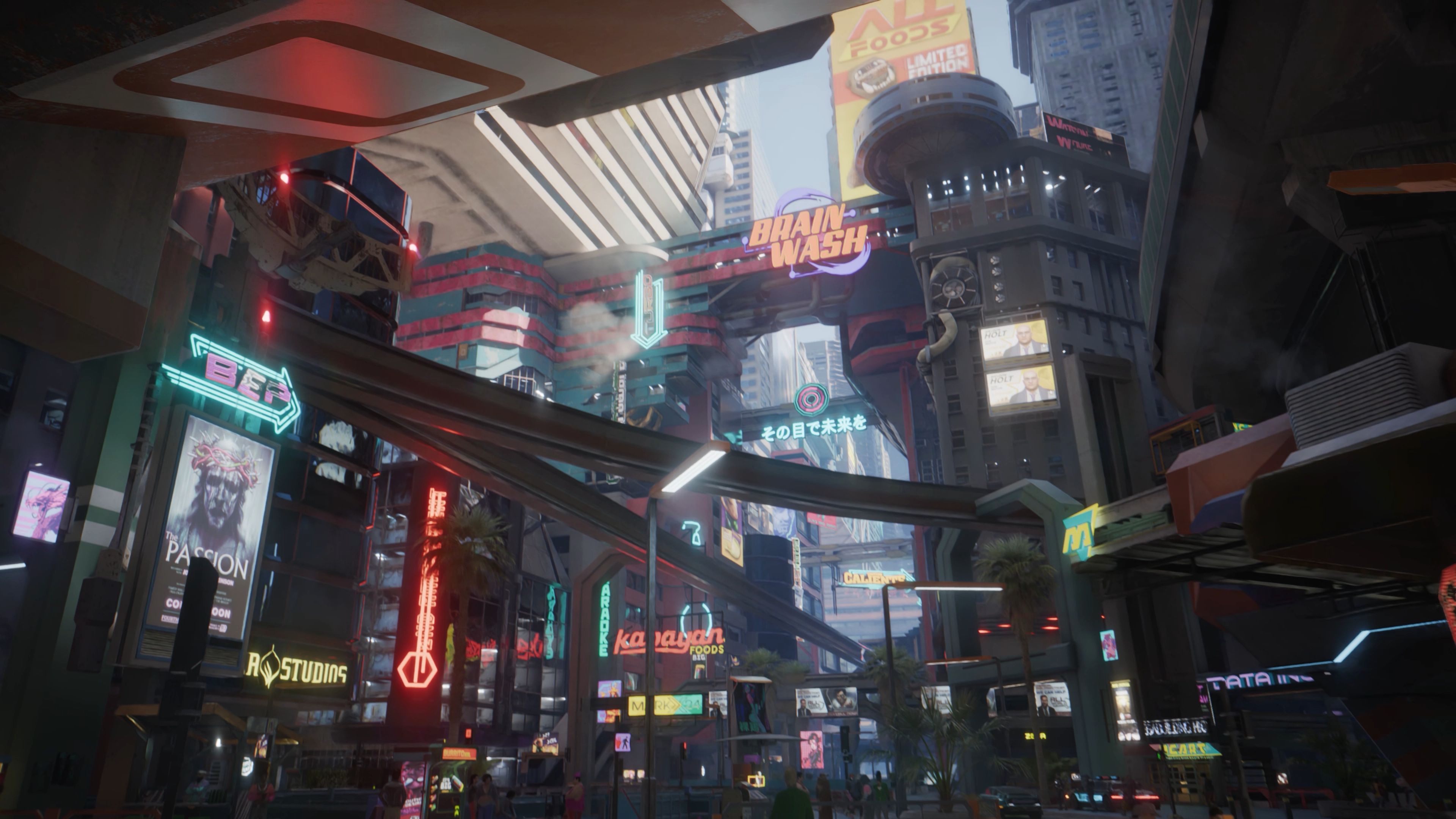The video game industry has evolved from a niche hobby into a dominant force in global entertainment, with AAA titles representing its multi-million dollar blockbuster productions. For enthusiasts, developers, and investors alike, staying informed about the latest releases, development breakthroughs, and market trends is crucial. This has given rise to a diverse ecosystem of digital platforms that serve not just as news aggregators, but as vital educational hubs. These leading platforms have transcended traditional reporting, offering deep-dive analyses, developer insights, and community-driven learning that shape our understanding of game creation and culture.
The transformation in how we consume game-related content is significant. Gone are the days of relying solely on monthly print magazines. The digital age demands immediacy, depth, and interactivity. The premier platforms for AAA game news and education have successfully integrated these elements, catering to a spectrum of audiences from the casual player to the aspiring professional. They can be broadly categorized into traditional news and review giants, video-centric analytical deep-dives, and community-powered knowledge bases.
Traditional Powerhouses: The Bedrock of Games Journalism
Websites like IGN, GameSpot, and Eurogamer remain foundational pillars in the games media landscape. Their strength lies in their comprehensive coverage. Within minutes of a major announcement from publishers like Sony, Microsoft, or Nintendo, these sites have detailed news articles live. Their reviews of AAA titles carry significant weight, often influencing a game’s commercial success.
However, their educational value has grown beyond mere reviews. They host extensive wikis, guides, and walkthroughs for complex titles. An IGN guide for Elden Ring or The Legend of Zelda: Tears of the Kingdom, for example, is a massive educational resource in itself, teaching players about game mechanics, lore, and hidden secrets. Furthermore, their dedicated features and editorial sections often publish long-form interviews with developers, post-mortems on game launches, and investigative pieces on industry trends, providing invaluable insights into the business and art of game development.
The Video Essay and Deep-Dive Revolution
Perhaps the most significant shift in educational content has been the rise of long-form video analysis on platforms like YouTube. Channels such as Digital Foundry have become indispensable. They provide a masterclass in technical analysis, breaking down the performance, resolution, ray-tracing capabilities, and engine-level achievements of AAA games. For anyone interested in the technical artistry behind game development—how graphics pipelines work, the trade-offs between resolution and frame rate, or the intricacies of upscaling technologies like DLSS and FSR—Digital Foundry is an unparalleled educational resource.
Other channels, like Noclip, focus on the human and historical elements. Through meticulously researched documentaries and candid interviews with developers, Noclip tells the stories behind the games. Their documentaries on the development of DOOM (2016), The Witcher 3, and Final Fantasy XIV offer a breathtakingly honest look at the challenges, crises, and triumphs of game development. This content is not just entertaining; it’s a historical record and a learning tool for understanding project management, creative direction, and studio culture.
Similarly, channels like GDC (Game Developers Conference) harness the power of their annual conference by publishing thousands of free talks on their YouTube channel. These talks are pure, unfiltered education. Lead programmers from id Software explain their rendering techniques, narrative designers from Naughty Dog break down their writing process, and producers from Blizzard discuss live-service strategies. For an aspiring game developer, the GDC YouTube channel is arguably the most valuable free educational resource in the industry.
Community-Driven Knowledge and Real-Time Interaction
The educational journey is no longer a one-way street. Platforms that harness the power of community have created dynamic, ever-evolving repositories of knowledge. Reddit, particularly subreddits like r/Games, r/truegaming, and specific game communities like r/DestinyTheGame or r/cyberpunkgame, serves as a massive forum for discussion and analysis.
While news is shared quickly, the real educational value is in the discourse. Threads dissecting a game’s narrative themes, analyzing its combat mechanics, or compiling data-mined information provide layers of understanding that traditional media cannot. Developers often participate in these communities, offering official clarifications and engaging in feedback loops, making it a live, interactive learning environment.
Twitch also plays a crucial, though often overlooked, educational role. Beyond entertainment, streams from top-level players of competitive AAA titles like Call of Duty or Apex Legends are de facto lessons in advanced strategy, teamwork, and mechanics. Furthermore, developers frequently use Twitch and YouTube for official live streams to deep-dive into upcoming patches, explain new content, and answer questions directly from the community, fostering a transparent and educational dialogue.
The Integrated Approach: Specialized Digital Publications
Sites like Kotaku (despite its shifts in strategy) and PC Gamer have historically carved a niche by blending news with cultural commentary and investigative journalism. They often break stories about studio conditions, development hurdles, and industry practices, providing a critical education about the human cost and business realities behind the polished AAA products. Their features explore the "why" behind the games, examining societal impacts, representation, and the artistic merit of the medium.
Conclusion: A Symbiotic Ecosystem of Learning
The landscape of AAA game news and education is not a zero-sum game. Each platform type plays a complementary role. A player might see a headline on IGN, watch a technical breakdown from Digital Foundry to understand the performance on their console, delve into a GDC talk to appreciate a specific programming technique used, and then join a Reddit discussion to debate the game’s ending.

Together, these platforms form a robust, multi-faceted educational network. They demystify the complex process of creating billion-dollar entertainment and empower audiences to be more than just consumers. They become informed critics, savvy players, and even inspired creators. As AAA games continue to grow in scope and ambition, these leading platforms will remain essential guides, illuminating the intricate dance of technology, art, and business that brings virtual worlds to life.
















